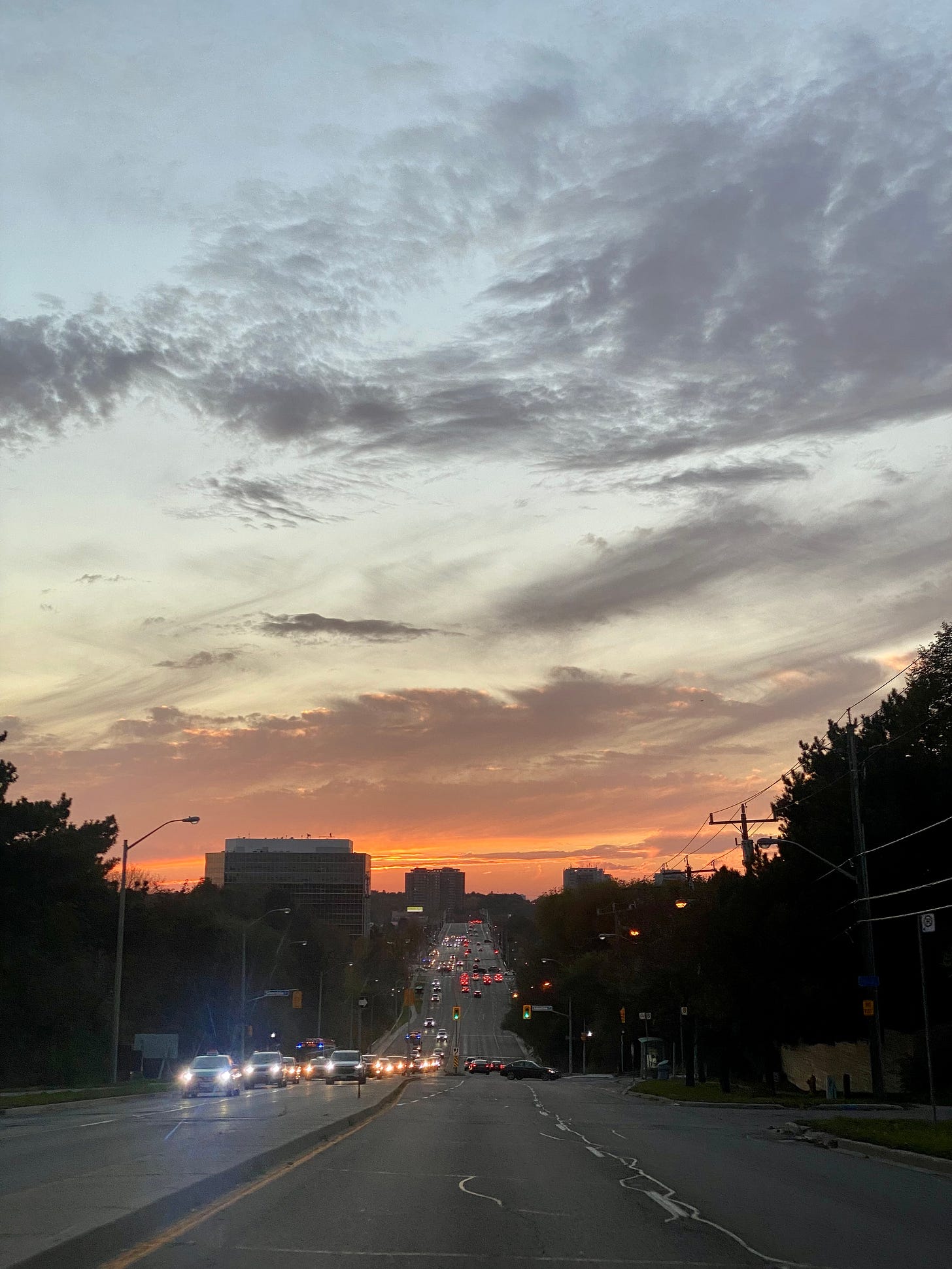I have a Master degree in the Science of Planning. Yet, if I were to gather all the things I learned in grad school about urban planning and apply it, none of it would lead to great cities.
Over 10 years later, I’m on a personal crusade to discover for myself what actually makes for good cities. I find myself looking backwards in time more than forwards, because the cities we love the most were all built in a different time. A time where no technology like the car existed that would stretch and shred our cities into the thin, brittle fabric that much of it is today.
Those older cities are gorgeous, but on the flip side, I also don’t think that successful cities must be mid-sized in population, with only mid-rise, brick and timber built construction. We need criteria for success that will accept contemporary cities too, meeting them where they are now.
But beyond learning from old cities, I’m questioning what essential part cities play in human existence. We are certain that it is essential. But how? If we were to hit the reset button on earth and all we had was 7 billion people and an Earth untouched by human activity, how would we go on about rebuilding our human settlements?
(I’m not sure if that thought experiment is useful at all. However, my mission to figure out what makes for good cities still stands.)
🐦 Tweet: Good cities and ideas share many traits
Writing and reading are the shoes that are carrying me on the journey to find what makes for good cities. I’ve only been on the journey for a short while, but early on I noticed an interesting parallel between the nature of good cities and ideas. They seemed related somehow. So I wrote an exploratory tweet about it:
💡 From elsewhere: Tristan Cleveland on Planning without Plans
Published on the Strong Towns blog the past week, this two-part essay on what’s wrong with planning and how to potentially fix it caught my eye. Tristan Cleveland works for the City of Halifax, Nova Scotia.
Part 1 is called “Planning Is a Bigger Job Than Planning Can Do” and outlines why modern planning, the way it’s set up in many North American cities, is doomed to fail everyone:
Modern planning attempts to micromanage complexity, like a farmer telling an apple tree where to grow. This approach to planning is doomed to failure. A planner cannot decide where businesses will succeed, or where residents will spend time. And writing such plans requires more work than cities can deliver.
Part 2 is titled “Planning Without Plans” and covers how we potentially can fix it:
If a community decides to become walkable, its zoning should be replaced immediately with a set of generic state or national regulations. These rules should cover the core requirements of walkability, so that the community can focus instead on writing a smaller set of rules that address issues that are in fact local to their community (as I describe further below). Communities do not need to reinvent the building code every time they write a plan. Neither should they have to reinvent rules for walkability.
Modular planning! Indeed, why reinvent the wheel on walkability when it can be standardized in code and rolled out like a high-quality franchise idea?
⚓️ Quote from book I'm reading
Taking a break from “A Pattern Language” this week, I’ve been reading “The Secret of our Success” by Joseph Henrich. It was a total random book I picked up from the shelves of Indigo (a Canadian bookstore) because it had a cool title and was on sale. Turns out to also be a pretty awesome book.
This quote makes me think about how cities and their forms can either enable or disable innovation from happening by being designed in a way that limits people from freely interacting with one another.
Once we understand the importance of collective brains, we begin to see why modern societies vary in their innovativeness. It's not the smartness of individuals or the formal incentives. It's the willingness and ability of large numbers of individuals at the knowledge frontier to freely interact, exchange views, disagree, learn from each other, build collaborations, trust strangers, and be wrong. Innovation does not take a genius or a village; it takes a big network of freely interacting minds. Achieving this depends on people's psychology, which arises from a package of social norms and beliefs, along with the formal institutions they foster or permit.
(Emphasis is mine)
Thanks for reading! If you liked it, do give it a ❤️
Until next week,
🌆 stay safe and stay curious.
— F
First time here? Did you find this newsletter interesting? If you would like to receive weekly missives like this from me, please subscribe below:






When you brought this up at our feedback call, I had soooo much to say. I've recently developed a renewed respect for environmental health in population health - especially since urban design affects food access, clean water, open spaces, social equity/equality. As a clinician, at times I feel pretty defeated because those things affect my low-income/underserved patients' health outcomes.
On another note! I had a similar experience in Iceland this summer where I just felt and looked so vibrant - there was def. something in the magical waters (and air quality and probably the amazing bread and dairy!)
Ooh! This is reminding me of a youtube video I watched recently--it's about the sustainability of the ancient city of edo: https://www.youtube.com/watch?v=fTDxQThcado My lay opinion is that good waste management is really important for good cities.